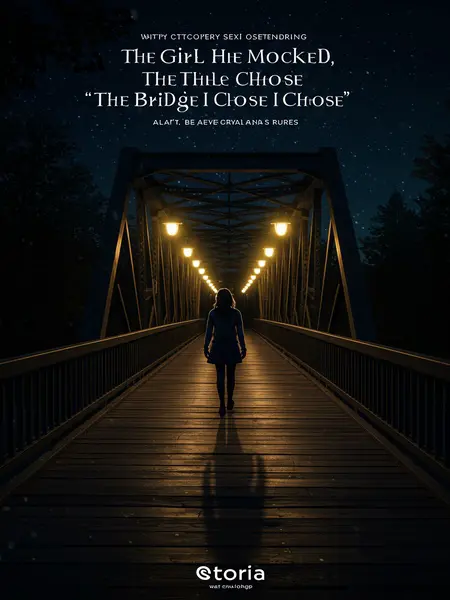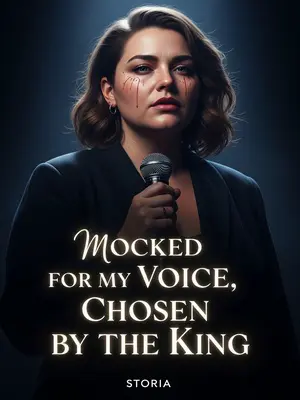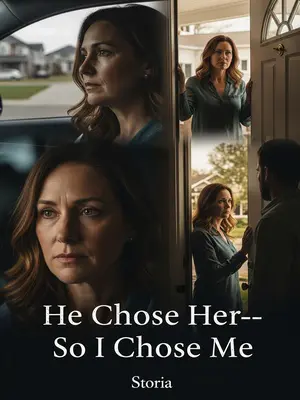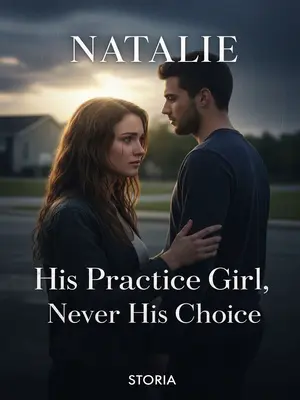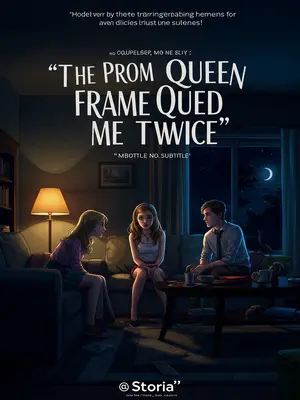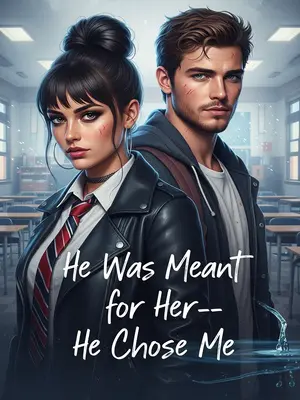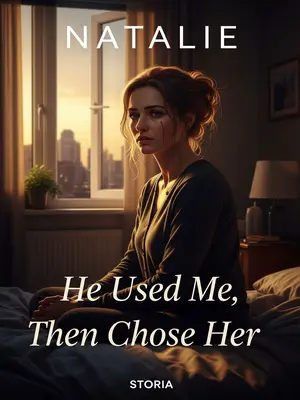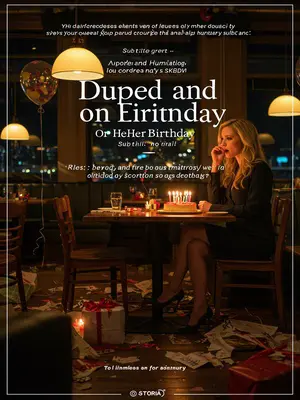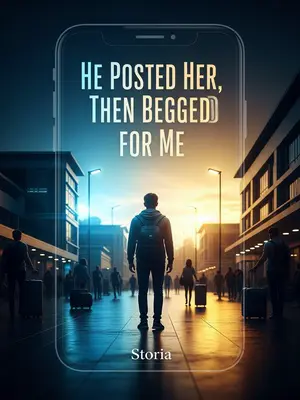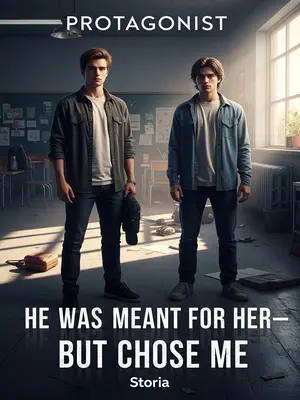Chapter 5: Eight Years of Silence
Eight years have passed, and I still can’t forget that day.
Every year, the date circles back like a bruise I can’t stop poking. The ache never goes away. Sometimes I wake in the night, sure I can hear their voices just out of reach.
I sat up in bed and checked my phone—it was only four in the morning.
The city outside was still, blue phone light illuminating my empty room. Sheets tangled, sweat beading on my temples. Always the same nightmare, the same hollow ache.
Facing the empty room, I softly called out, “Dad, Mom...”
My voice barely carried, swallowed by the shadows. I whispered again, hoping—just for a second—they might answer. But only my own breathing answered back, ragged and thin.
As always, there was no answer.
Not even the old house creaked. The silence pressed in, heavy as grief.
I lowered my head.
I wiped my eyes, ashamed of the tears that still came. My hair fell forward, a curtain to hide behind for a moment.
For eight years...
It sounded impossible, but time moves on with or without you. Eight years of growing up too fast, learning to live with a hole inside.
They never once came to see me.
Not in dreams, not in memories that felt real. Sometimes I wondered if they blamed me, if I’d done enough, if I’d missed some sign that could’ve saved them.
In my dreams, there was only Matt, the mocking smile on his lips, eyes cold, laughing as he asked, “Aubrey, do you have any pride?”
His voice echoed, cruel and sharp. I hated that he haunted me more than my parents—his smirk a brand I couldn’t scrub away.
Every time I shouted back that I did, the dream would end.
But I never believed myself. Pride didn’t keep you warm. It didn’t fix the past or fill the empty chair at the table.
Unable to sleep, I got up to pack my things.
I moved around my tiny apartment in the dark, shoving clothes into a duffel, folding everything with mechanical precision. The microwave clock blinked 4:12 AM. I barely noticed.
After numbly handling my parents’ funerals, I left that place.
The funerals felt unreal—a sea of unfamiliar faces, casseroles and condolences, the minister’s voice droning on about hope. I didn’t cry; I just felt numb, a ghost watching from the sidelines. When it was over, I packed what was left of my life and bought a one-way ticket out.
I went to a new city, working and studying at the same time.
I picked a place where no one knew me, got a job at a diner with sticky vinyl booths and regulars who never asked about my past. Community college by day, double shifts at night. It kept me busy enough not to think.
Juggling both was exhausting.
Some nights, I fell asleep in my uniform, hands smelling of coffee and dish soap. I lost track of birthdays, holidays—life became a blur of clocks and paychecks.
But I didn’t dare let myself stop. If I did, I’d just break down and cry.
I threw myself into everything, desperate not to let the grief catch up. If I slowed down, even for a second, the darkness would swallow me whole.
I went to the university clinic; the doctor said I had moderate depression and needed someone to help me move on from that day.
The nurse handed me a mental health pamphlet with a cartoon sun on the cover. I tucked it in my bag, unread.
But there was no such person.
No friend, no family, no one who understood. I learned to keep my pain folded up, tucked between heartbeats.
After eight years away, I’ve wanted more and more to go back—to see the Cuyahoga River where my parents jumped.
The city changed, but the river didn’t. Still cold and wide, carrying away memories and secrets. In my dreams, I stood on its banks, shouting into the wind, waiting for an answer.
I want to jump in myself and ask them why they were so cruel.
I pictured diving into the water, chasing after their ghosts. Maybe then I’d understand. Maybe I could forgive—or let go.
I’m really tired...
The kind of tired sleep can’t touch—a bone-deep weariness. I wanted it to end. I wanted peace.
Since I’m going back anyway, I might as well see those old classmates.
Maybe I wanted to see if anything had changed—if I had changed. Or maybe I wanted to prove to myself I could face the past and survive.
So when the class president asked if I’d come to the reunion, I was the first to say yes.
I typed it before I could change my mind—a single word in a silent group chat. The response was immediate, like I’d dropped a match into dry grass.
I hadn’t spoken in the group chat for eight years. I’d deleted all my classmates—including Matt.
My phone buzzed for hours after. I didn’t respond, but it felt good, just for a moment, to be noticed again.
